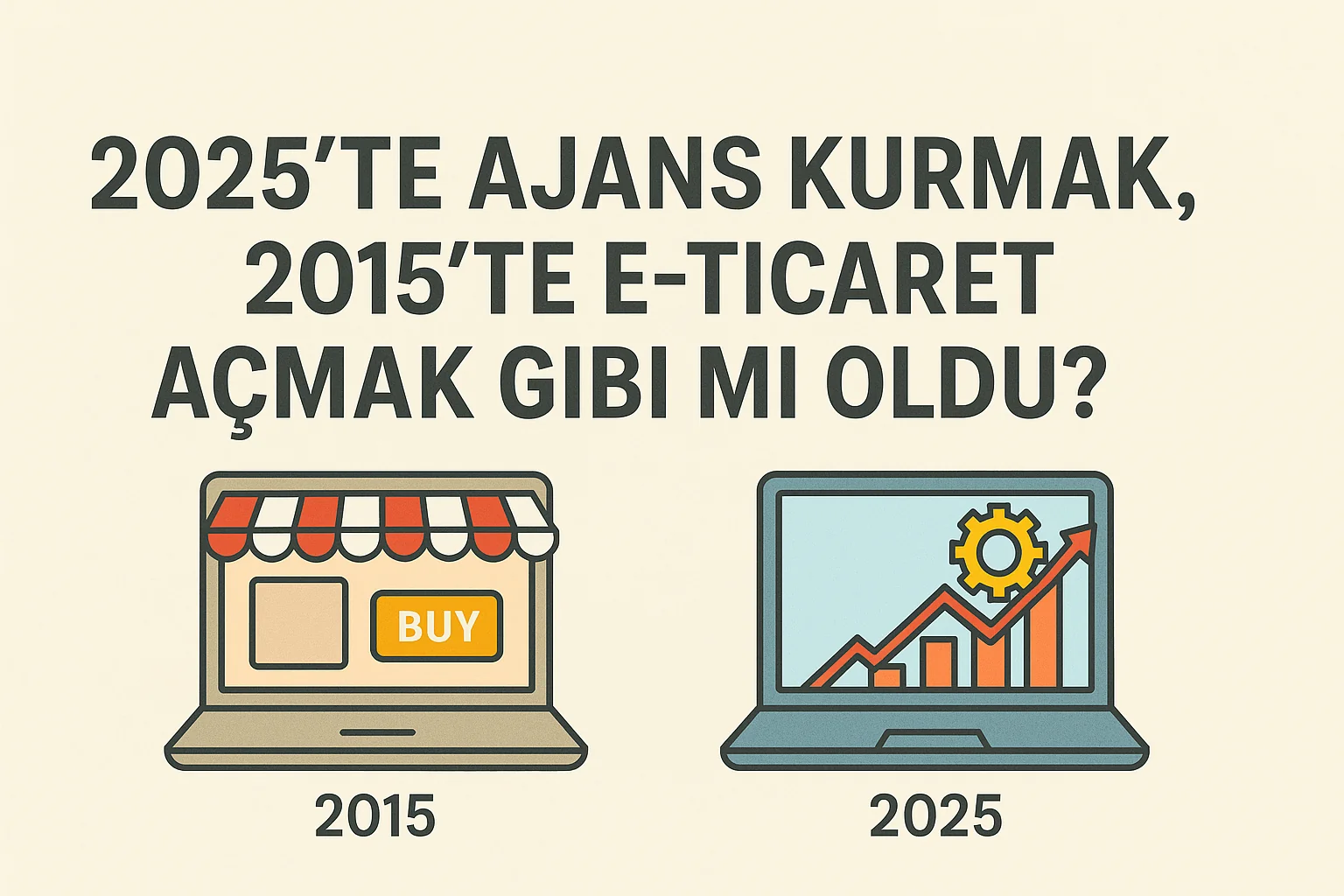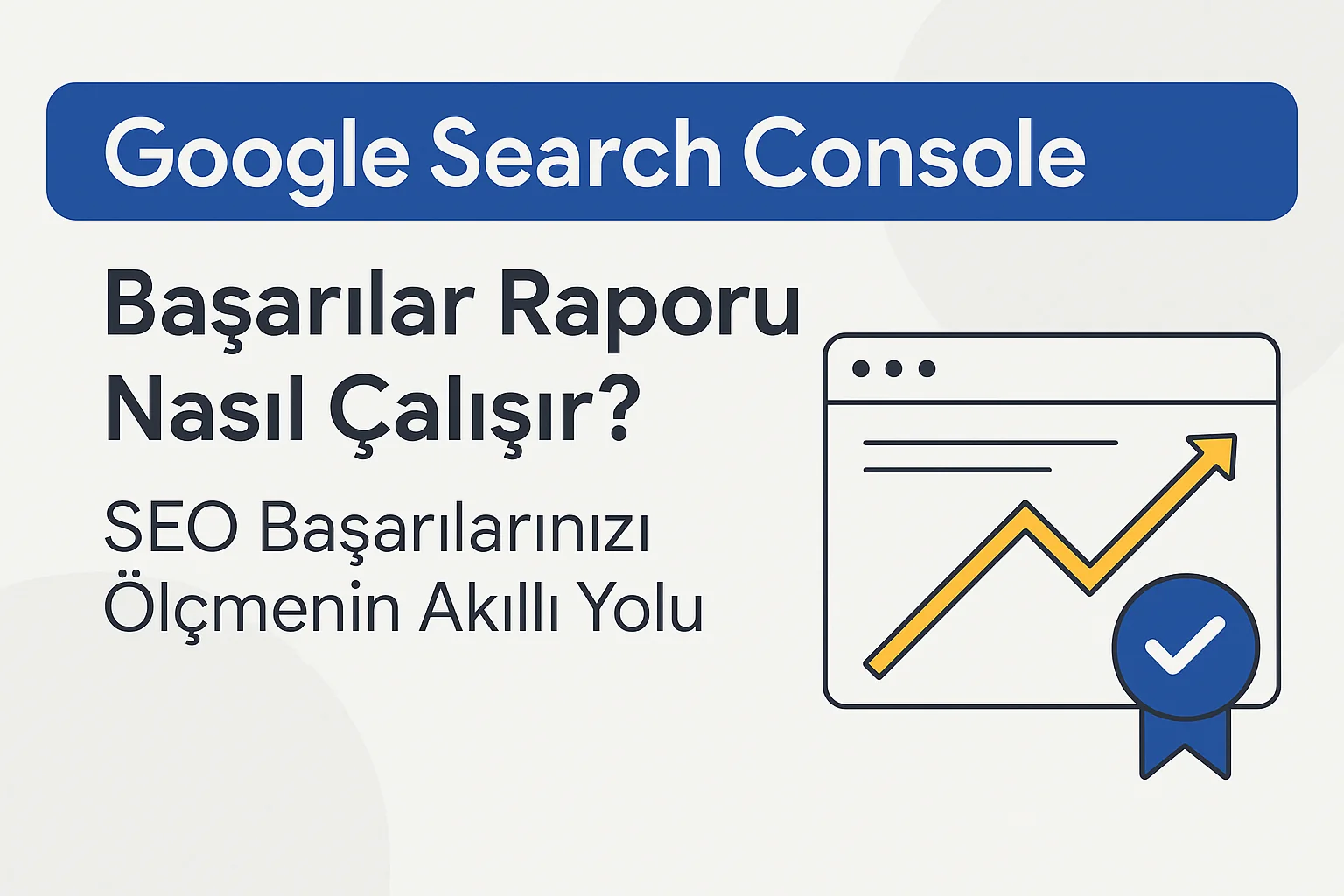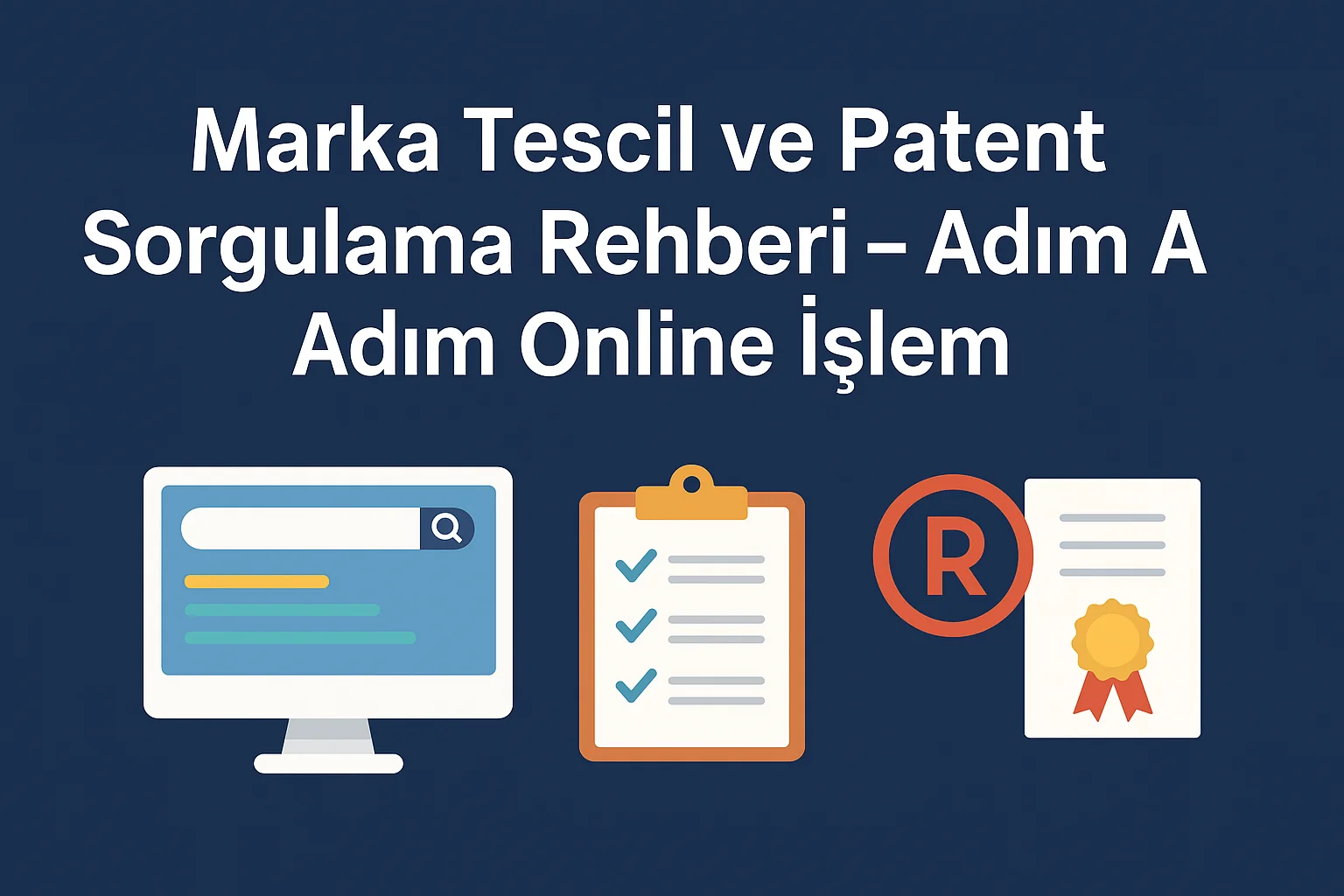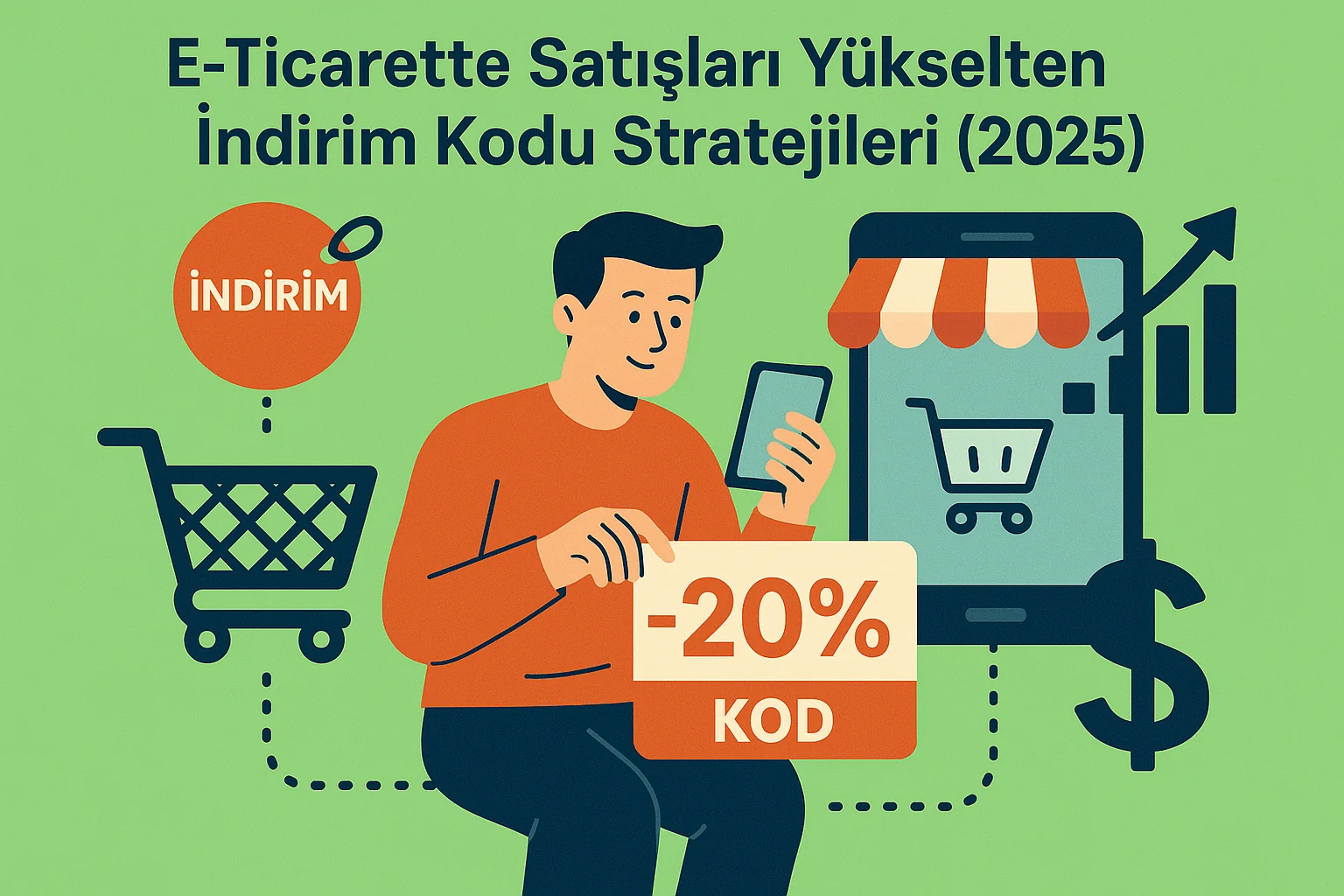On-page SEO is the process of optimizing the content, structure and other elements of a website so that it is better understood by search engines. This aims to both improve the user experience and achieve higher rankings in search engines.
Keyword Research
1. Importance of Keywords
Keyword research is one of the cornerstones of SEO strategy. Choosing the right keywords allows you to match your site's content to the terms users type into search engines.
2. Long-tailed Keywords
Long-tail keywords are phrases that are more specific and generally less competitive. These words are especially useful when targeting a specific niche.
Title Tags and Meta Descriptions
1. The Role of Title Tags
Title tags give search engines information about the content of your page. It is important that each page has a unique and descriptive title tag.
2. Meta Descriptions
Meta descriptions are short texts that appear below the title tag in search engine results. A well-written meta description can increase click-through rates (CTR).
URL Structure
An SEO-friendly URL structure makes it clear to both users and search engines what the page is about. Short, descriptive and keyword-containing URLs should be preferred.
Content Quality and Length
Search engines reward content that is valuable and informative for users. Long and comprehensive content usually achieves higher rankings. But just as important as the length of the content is its readability and value to the user.
Internal Links
Internal links are links to other pages on your site. These links keep users on your site longer and help search engines crawl your site better.
Image Optimization
1. Use of Visual Alternative Text (Alt Text)
Images enrich your page content, but search engines cannot read images directly. Therefore, it is important that each image contains alt text.
2. Image Sizing and Format
Image sizing affects page load speed. Images with large file sizes can cause your site to slow down. Therefore, images should be optimized and used in the correct format.
Mobile Compatibility
Google and other search engines prioritize mobile-friendly websites. A mobile-friendly design ensures that your site runs smoothly on every device.
Page Load Speed
Page load speed is a critical factor for both user experience and SEO. Fast-loading pages reduce the likelihood of users abandoning the site and improve search engine rankings.
User Experience and Conversion Optimization
SEO isn't just about search engine rankings; it's also about what users do once they arrive on your site. Improving the user experience can increase conversion rates and significantly impact the success of your site.






